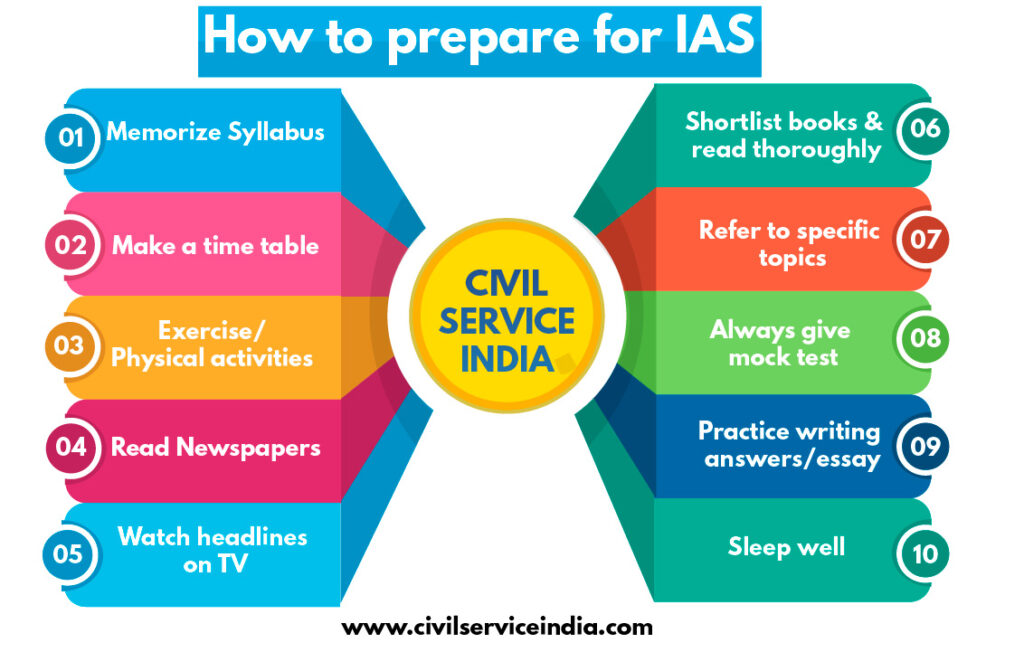The UPSC has mentioned the world history syllabus very briefly. Therefore, most of the questions in the main examination seem to be asked from outside the syllabus. Due to this reason, we have to redraw the syllabus very intelligently. For that, we can take direct help from the world history syllabus of the history optional. Here no need to go depth into these topics but just overall understanding of these topics will help you to answer the GS world history part.
If we analyze previous years UPSC mains Paper 1 question paper, we will see that no question from world history was asked in 2018, 1 question was asked in 2017 (decolonization in the Malay Peninsula) and 1 question in 2016 (anti-colonial struggle by elite western educated individuals in West Africa). So considering the trend, it would be wise not to spend too much time and energy for in-depth study of World History.
However, no aspirant should go unprepared for any portion of the syllabus. And the same applies to World History.
Now two things can be done considering the time an aspirant is giving for preparation. First, if an aspirant is starting the preparation a year before appearing for Prelims, he/she can go through the Story of Civilization Part-I & Part-II (Arjun Dev) old NCERT book. After that, he/she can read Vajiram yellow booklet, a world history book by Krishna Reddy and “Mastering Modern World History” by Norman Lowe. But one thing should be kept in mind that any book that the aspirant is going through, he/she should have enough time to revise them at least three times.
Second, if the aspirant is only starting to prepare for the world history after Prelims, he/she should only consider reading the Story of Civilization Part-I & Part-II (Arjun Dev) old NCERT book thoroughly, considering the lack of time and weight in mains paper.
Overall, an aspirant should not give too much time to world history part as the syllabus of the GS mains paper -1 is very vast in comparison to the number of questions asked in the Main Exam. Instead, that time can be utilized in other areas of history.

